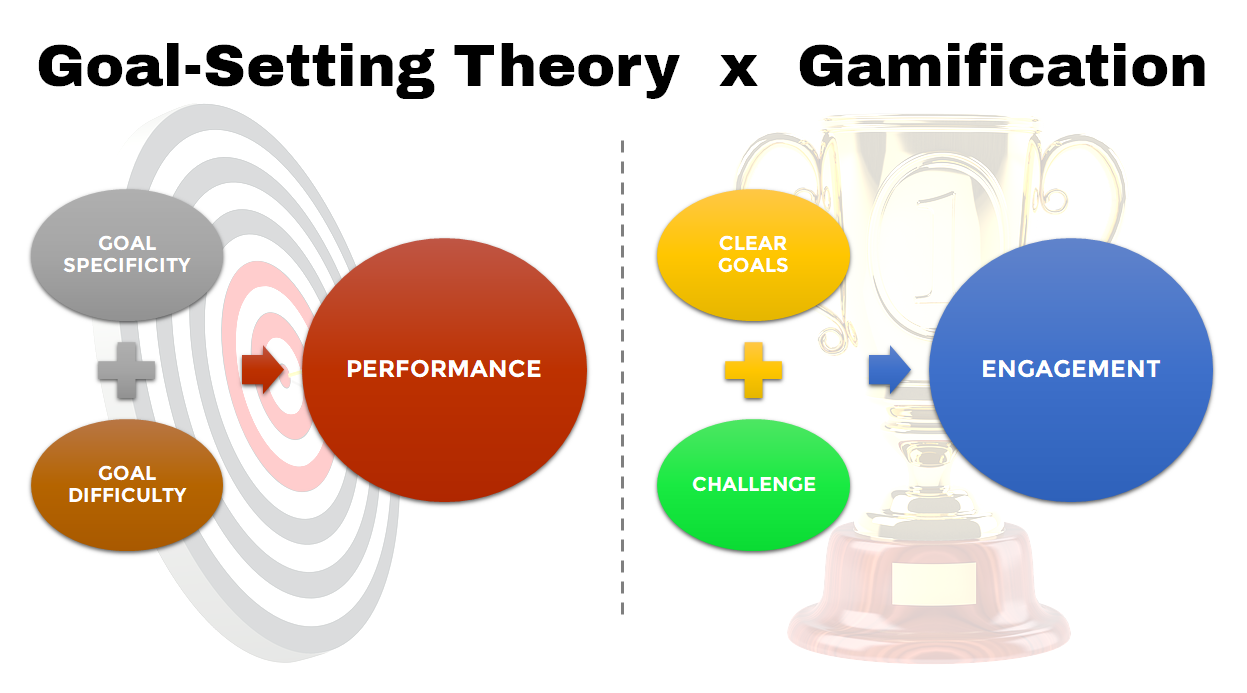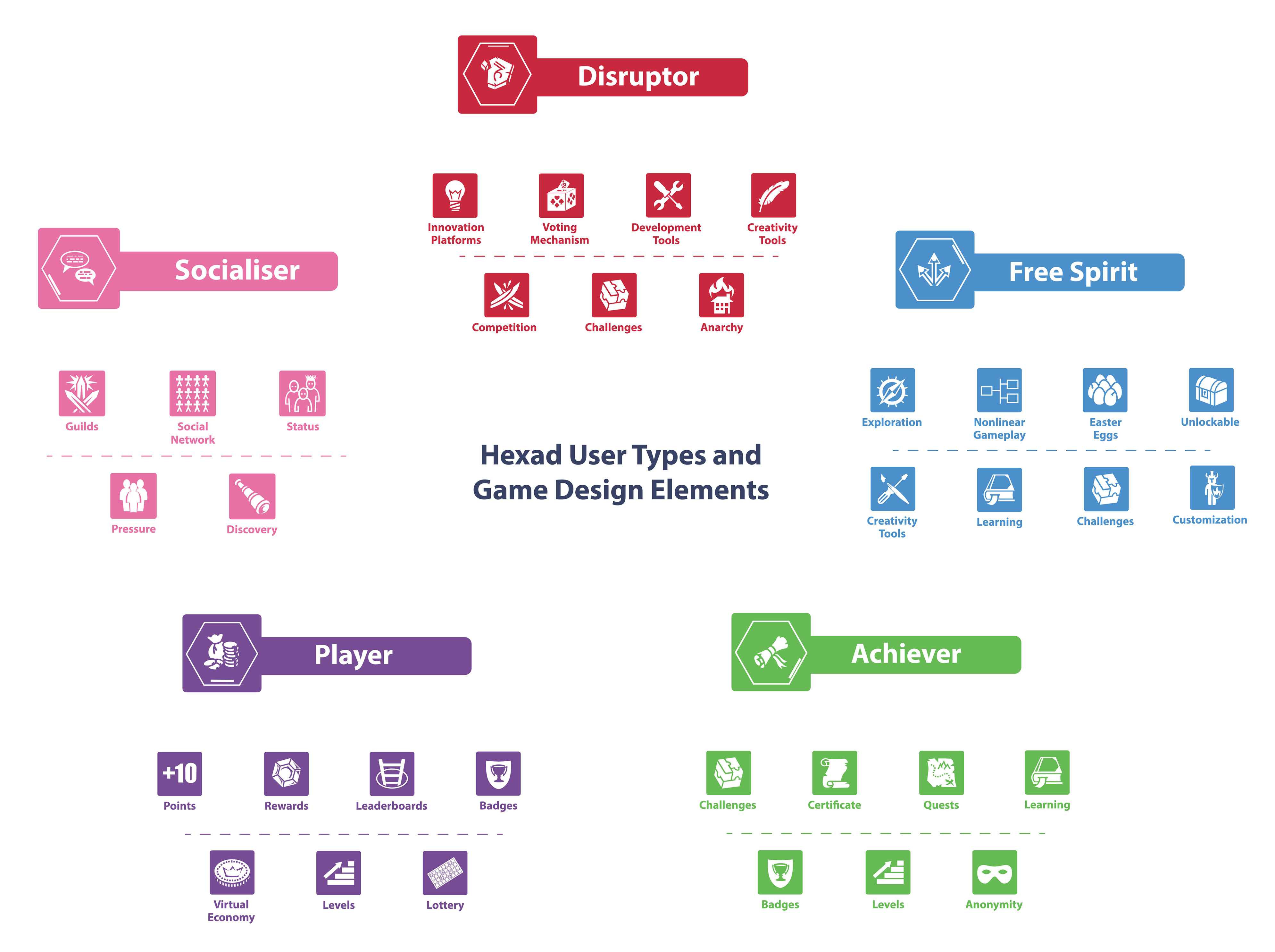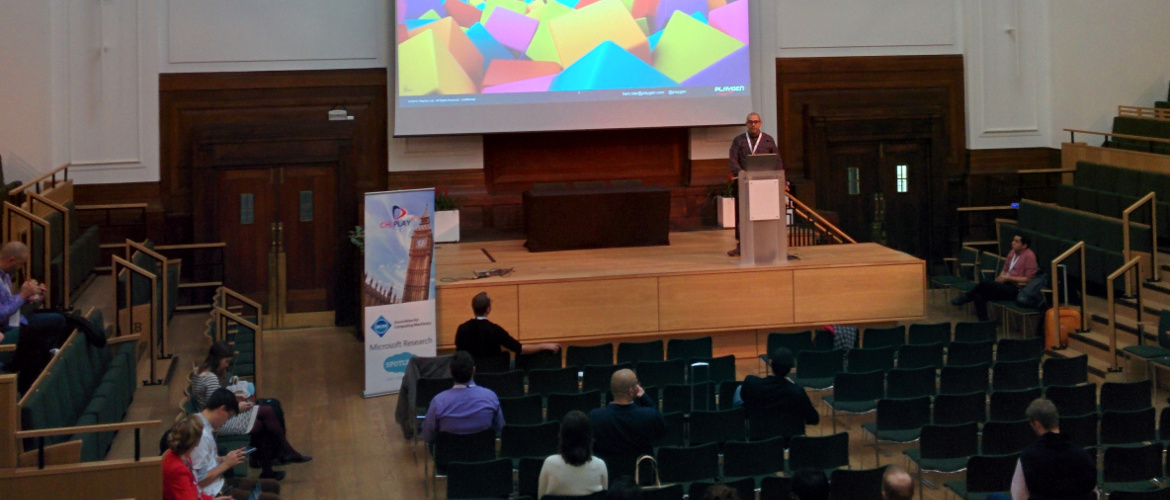Understanding Gamification Through Goal-Setting Theory
Written by Gustavo Tondello of the HCI Games Group. Goal-setting theory has been used for decades to explain how to motivate people to perform better in work-related tasks by setting and monitoring goals. Gamification is also inherently a goal-oriented activity, aimed at fostering motivation; therefore, it is logic to expect that these two practices would …














